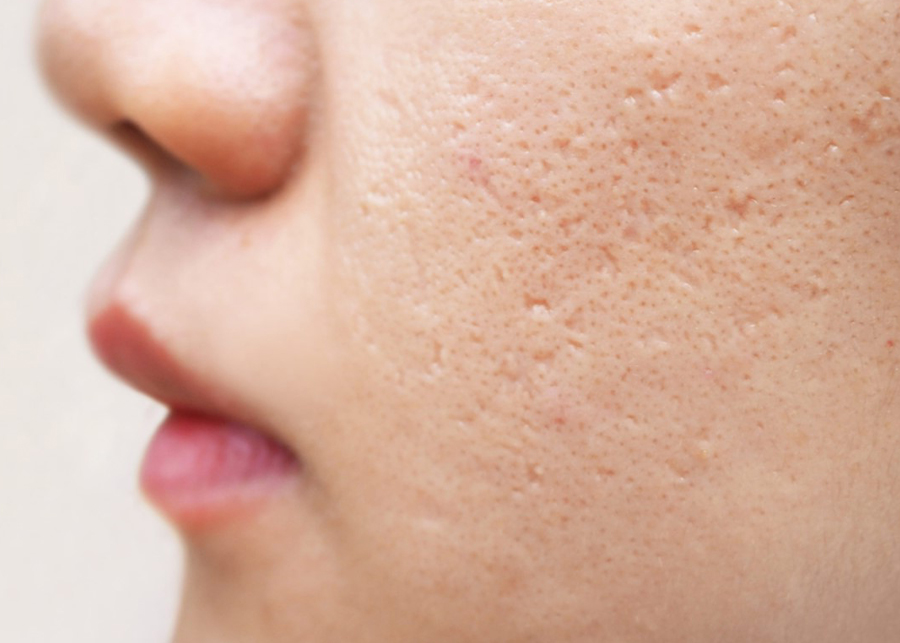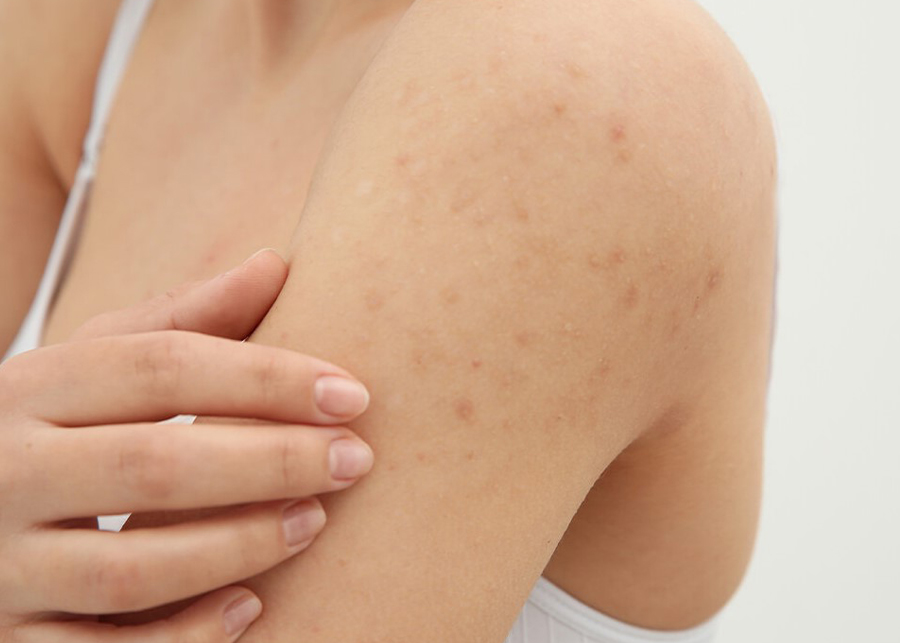Acne is a disorder of the sebaceous glands which causes pimples and other skin impurities. These breakouts are formed beneath the skin’s surface due to clogs in the pores. The food that you consume can contribute to acne breakouts if the food is unhealthy and processed. A diet rich in saturated and trans fats can contribute to acne. These fats are present in processed and fried foods. These foods are also high in sugar and protein. It is important to avoid these foods in order to avoid acne breakouts. It is also recommended to reduce the intake of animal-based protein and increase the consumption of vegetables.
A diet rich in saturated and trans fats can contribute to acne. These fats are present in processed and fried foods. These foods are also high in sugar and protein. It is important to avoid these foods in order to avoid acne breakouts. It is also recommended to reduce the intake of animal-based protein and increase the consumption of vegetables.

Keeping the glycemic index (GI) low is also essential. This is because high-GI foods increase the blood sugar level quickly. Moreover, they can lead to many other health problems. Therefore, a low-GI diet is best for people who are prone to acne.
A diet rich in vitamin A and vitamin C can also help you get rid of acne. Vitamin A is found in tuna, mackerel, liver, cream cheese, egg yolks, and almonds. Vitamin E and vitamin C can be found in avocados and broccoli. Vitamin C is important for skin health and has calming properties. It is also found in citrus fruits and papaya. Lastly, zinc is found in shellfish and legumes.
Foods high in flavonols are also beneficial for the skin. These antioxidants help the skin fight off UV rays and keep the skin hydrated. Brazil nuts also contain selenium, a mineral that is essential for healthy skin. In addition to eating these foods, make sure to drink green tea and use pH-balanced soap.
Inflammation is one of the major contributing factors to acne, and the right diet can help calm breakout- prone skin. Eating foods rich in antioxidants and omega -3s will help to keep the skin hydrated and calm. Moreover, acne is an inflammatory disease, which is worsened by chronic inflammation.

Dairy products are also suspected of contributing to acne. However, this connection has not been proven, and it is still unclear if these foods are actually linked to acne. However, if you have a history of acne, you might want to reduce the intake of dairy products or switch to low-glycemic milk to get rid of the problem.
There is still much research to be done, but the bottom line is that the right diet can improve the chances of acne and the severity of existing acne. If the diet is changed along with proper skin care and acne medications, these changes should show results. However, this advice is still far from conclusive, and you should always consult your doctor before trying any dietary changes.
Some studies have concluded that a diet rich in chocolate can worsen acne. While some studies have concluded that chocolate does not cause acne, others have found no correlation between chocolate and acne. It is unclear, but more research is needed to determine whether it is a direct cause or a result of the consumption of chocolate.
A low-glycemic diet has been shown to reduce the risk of acne by reducing blood glucose levels. This diet can help by reducing inflammation and boosting insulin sensitivity. It also reduces the risk of acne by decreasing the amount of sebum secretion in the body.
Can the Right Diet Get Rid of Acne? Result
The right diet can reduce acne. It is important to avoid sugar and animal-based protein. Increase your intake of plant-based protein and vegetables. Eating healthy will help get rid of acne.
